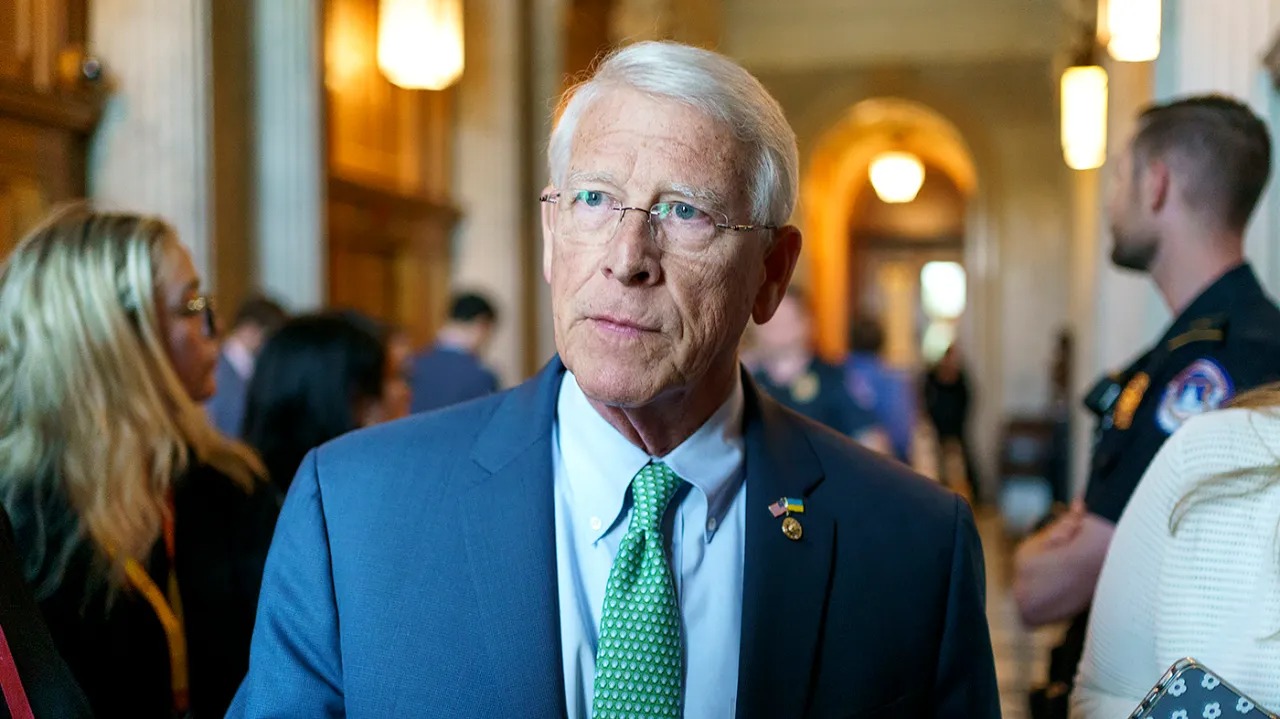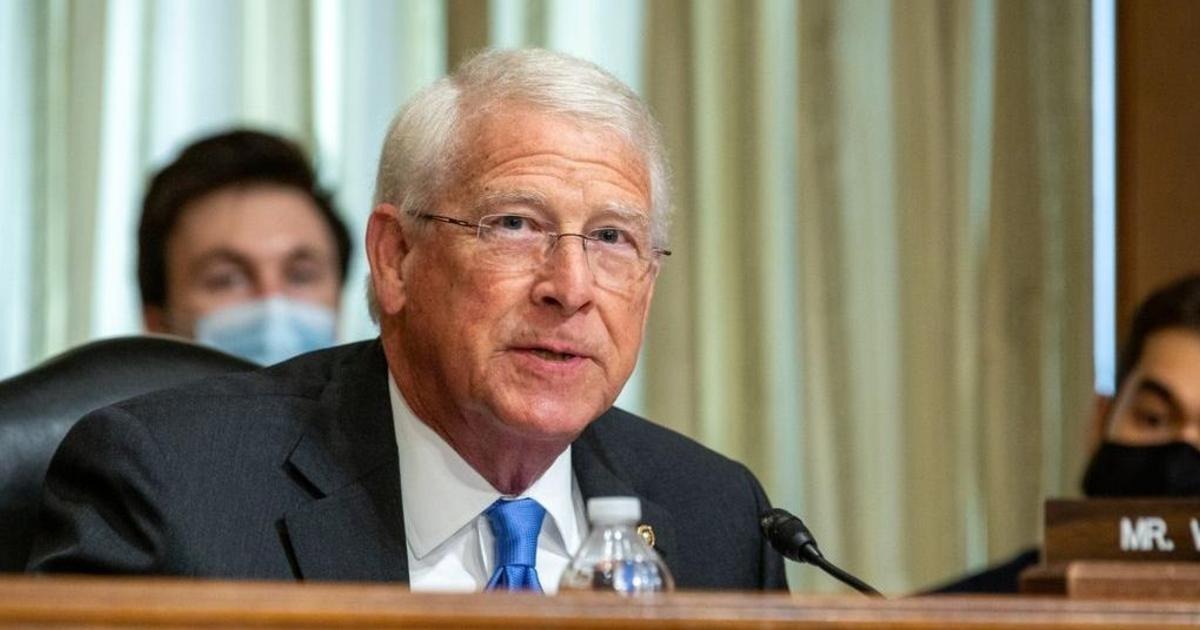Senator Roger Wicker (R-Mississippi) expressed approval for the recent airstrikes conducted in response to an attack on a Jordanian base that resulted in the deaths of three American service members.
However, Wicker conveyed a sense of dissatisfaction, stating that the strikes came “too late” for the fallen soldiers and criticized the Biden administration for what he perceived as minimal action.
In a statement posted on the X platform (formerly Twitter), Wicker accused the Biden administration of self-congratulation for doing “the bare minimum” and asserted that the U.S. response had been insufficient.

Senator Wicker Appreciates US Airstrikes (Credits: The Hill)
Rather than delivering what he deemed an appropriate response, Wicker argued that the administration had merely given the Ayatollah “a slap on the wrist” instead of a deserved “bloody nose.”
The airstrikes targeted groups supported by Iran in Syria and Iraq, focusing on Iran’s Islamic Revolutionary Guards Corps (IRGC) Quds Force and affiliated militias. U.S. Central Command (CENTCOM) initiated the airstrikes, striking over 85 targets with various aircraft, including long-range bombers flown from the United States. The operation utilized more than 125 precision munitions.
Wicker’s criticism extended to the Biden administration’s handling of the situation. He accused the administration of spending nearly a week telegraphing U.S. intentions to adversaries, providing them with ample time to relocate and hide.
Wicker urged a change in the approach, emphasizing the need for the commander-in-chief to target the actual sponsors of terrorism in the region.
Former NATO ambassador Kurt Volker offered a perspective on the administration’s decision not to target Iran directly in the recent airstrikes. Volker suggested that by refraining from hitting Iran, the administration might be signaling a message to Iran, urging them not to target the U.S. homeland, particularly during an election year.
This insight adds a layer of strategic thinking to the discussion, implying that the choice of targets carries broader diplomatic implications beyond immediate retaliation.
Wicker’s dissatisfaction and call for a more assertive approach underscore the ongoing debate regarding the effectiveness and appropriateness of the U.S. response to regional provocations.
The differing opinions within political circles reflect the complex nature of handling international conflicts and the challenge of balancing military action with diplomatic considerations.























